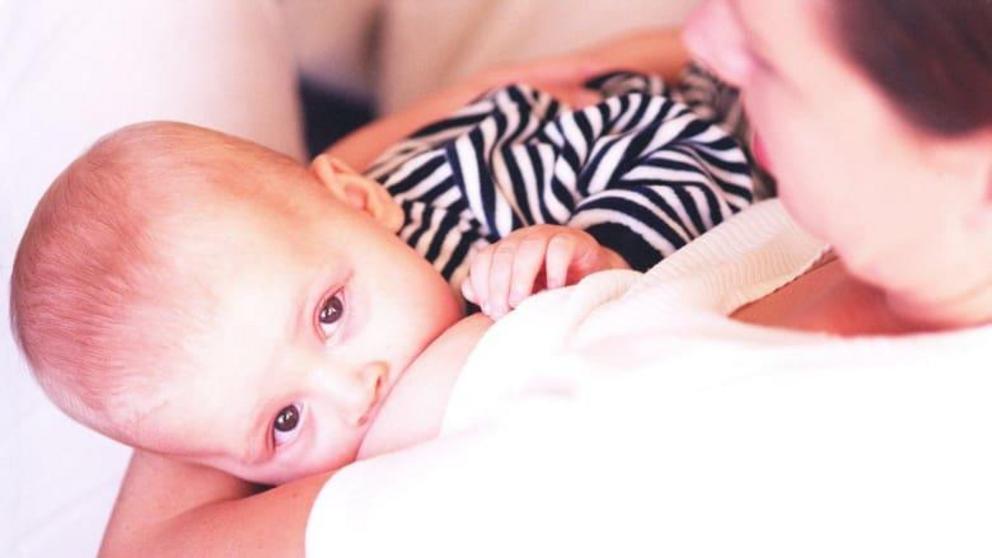US stuns world health community by opposing breastfeeding
New York: A resolution to encourage breastfeeding was expected to be approved quickly and easily by the hundreds of government delegates who gathered this (northern) spring in Geneva for the United Nations-affiliated World Health Assembly.
Based on decades of research, the resolution says that mother's milk is healthiest for children and countries should strive to limit the inaccurate or misleading marketing of breast milk substitutes.
Then the US delegation, embracing the interests of infant formula manufacturers, upended the deliberations.
American officials sought to water down the resolution by removing language that called on governments to "protect, promote and support breastfeeding" and another passage that called on policymakers to restrict the promotion of food products that many experts say can have deleterious effects on young children.
When that failed, they turned to threats, according to diplomats and government officials who took part in the discussions. Ecuador, which had planned to introduce the measure, was the first to find itself in the cross hairs.
The Americans were blunt: If Ecuador refused to drop the resolution, Washington would unleash punishing trade measures and withdraw crucial military aid. The Ecuadorean government quickly acquiesced.
The showdown over the issue was recounted by more than a dozen participants from several countries, many of whom requested anonymity because they feared retaliation from the United States.
Health advocates scrambled to find another sponsor for the resolution, but at least a dozen countries, most of them poor nations in Africa and Latin America, backed off, citing fears of retaliation, according to officials from Uruguay, Mexico and the United States.
"We were astonished, appalled and also saddened," said Patti Rundall, policy director of the British advocacy group Baby Milk Action, who has attended meetings of the assembly, the decision-making body of the World Health Organisation, since the late 1980s.
"What happened was tantamount to blackmail, with the US holding the world hostage and trying to overturn nearly 40 years of consensus on best way to protect infant and young child health," she said.
For the rest of this article please go to source link below.

